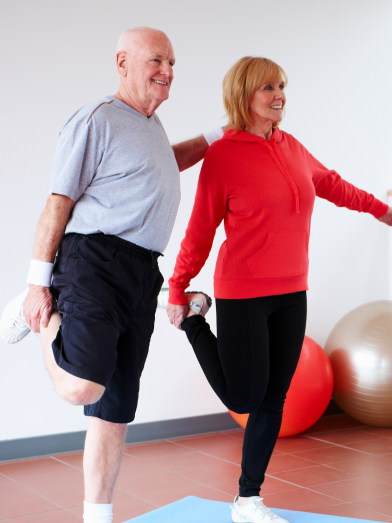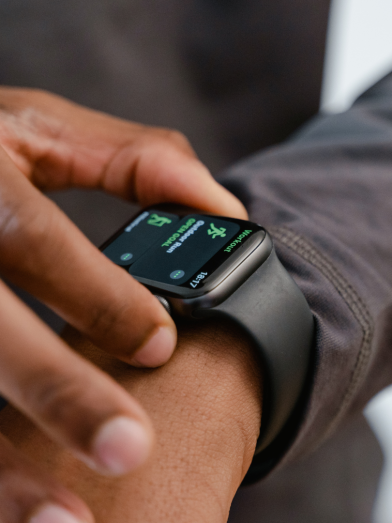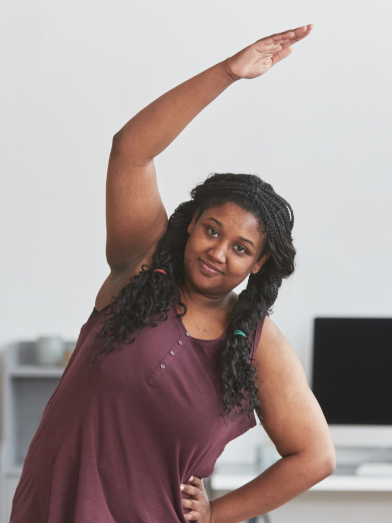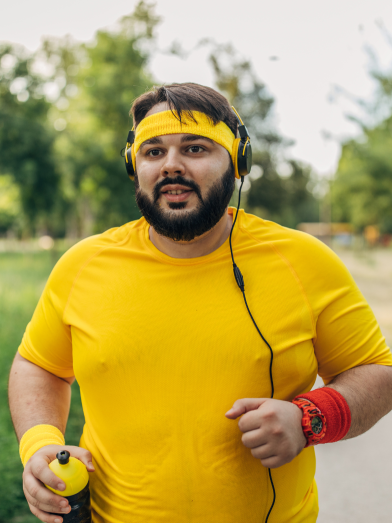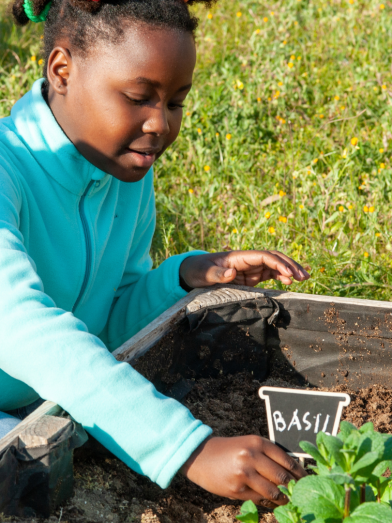There are a variety of “sports drinks” on the market today, but does the average exerciser really need this to stay hydrated? Here, we’ll take a look at the potential benefits and risks of drinking a sports drink as a person with diabetes.

Why staying hydrated is important for people with diabetes
Dehydration can be subtle or severe. Not drinking enough water during a regular day can lead to mild dehydration that you may not even notice.
Becoming legitimately dehydrated after a long bout of exercise, an extremely hot day, or during an illness (vomiting, diarrhea, etc.) can cause a noticeable spike in your blood glucose (blood sugar).
When you become dehydrated, the amount of water in your bloodstream decreases, which means the glucose (sugar) in your bloodstream becomes more concentrated.
While there isn’t technically more sugar suddenly in your bloodstream, the ratio of sugar and water has changed, making your blood glucose level measure much higher.
Dehydration can lead to mildly higher blood glucose levels or significant spikes in your blood glucose.
What is in most of today’s sports drinks?
Sports drinks are designed to help you maintain healthy hydration levels during and after certain types of exercise.
The ingredients usually include:
- Electrolytes: During exercise, you lose potassium, magnesium, sodium, chloride, calcium, and phosphorus in your sweat. Replenishing these electrolytes during lengthy exercise is important because they help your nerves and muscles function properly, maintain healthy blood pressure, and rebuild damaged muscle tissue.
- 6% carbohydrates: 6 percent describes the amount of sugar versus water in the beverage. Gatorade and Powerade, for example, both contain about 25 grams of carbohydrates per 12 ounces.
- Caffeine (sometimes): Many of today’s sports drinks now contain caffeine, which can also raise blood glucose levels. Caffeine gives you energy by triggering the release of stored sugar from your liver. For a person with diabetes, that release of extra sugar may spike your blood glucose significantly.
Most of these beverages also include a variety of artificial flavors, food coloring, and preservatives.
What about sugar-free sports drinks?
Instead of dextrose or sucrose, sugar-free (or “zero”) versions of sports drinks like Gatorade and Powerade contain sucralose or aspartame to give it a sweet flavor.
While artificial sweeteners do not raise blood glucose levels noticeably in the minutes and hours after drinking them, there is a great deal of research questioning their overall safety and long-term impacts on your health (insulin resistance, weight-gain, cancer, inflammation, etc.): 1, 2, 3.
If you’re going to drink sports drinks as a person with diabetes, a sugar-free or “zero” version might be the simplest option, but consuming these artificial sweeteners in excessive amounts is not recommended.
Should people with diabetes drink sports drinks?
Maybe—but it depends on several factors.
For the average exerciser, research has determined that simply drinking water is more than enough to keep you well-hydrated during a workout and throughout the day.
On the other hand, sports drinks with electrolytes and carbohydrates can be helpful for maintaining hydration levels during lengthy types of exercise (like long distance running/cycling, high school soccer tournaments, long hikes, etc.).
However, the biggest exception here is if you’re using those carbohydrates to keep your blood glucose steady. Researchers have found the gradual consumption of carbohydrates from sipping a sports drink can help prevent low blood glucose during aerobic exercise.
How much water should you drink for the average workout?
Does your hour-long, high-intensity workout or power-walk call for a Gatorade? Probably not. While it may feel intense and you may have sweated a lot, consuming regular ol’ water should keep you hydrated.
The American Council on Exercise recommends the following to stay well-hydrated:
- 17 to 20 ounces of water two to three hours before exercising
- 8 ounces of water 30 minutes before exercising
- 7 to 10 ounces of water for every 20 minutes of exercise
- 8 ounces of water within 30 minutes of exercising
This may be a bit much depending on your age, type of exercise, and personal preferences, but the important thing is to become more mindful of how much water you’re getting each day.
Information provided by Beyond Type 1
